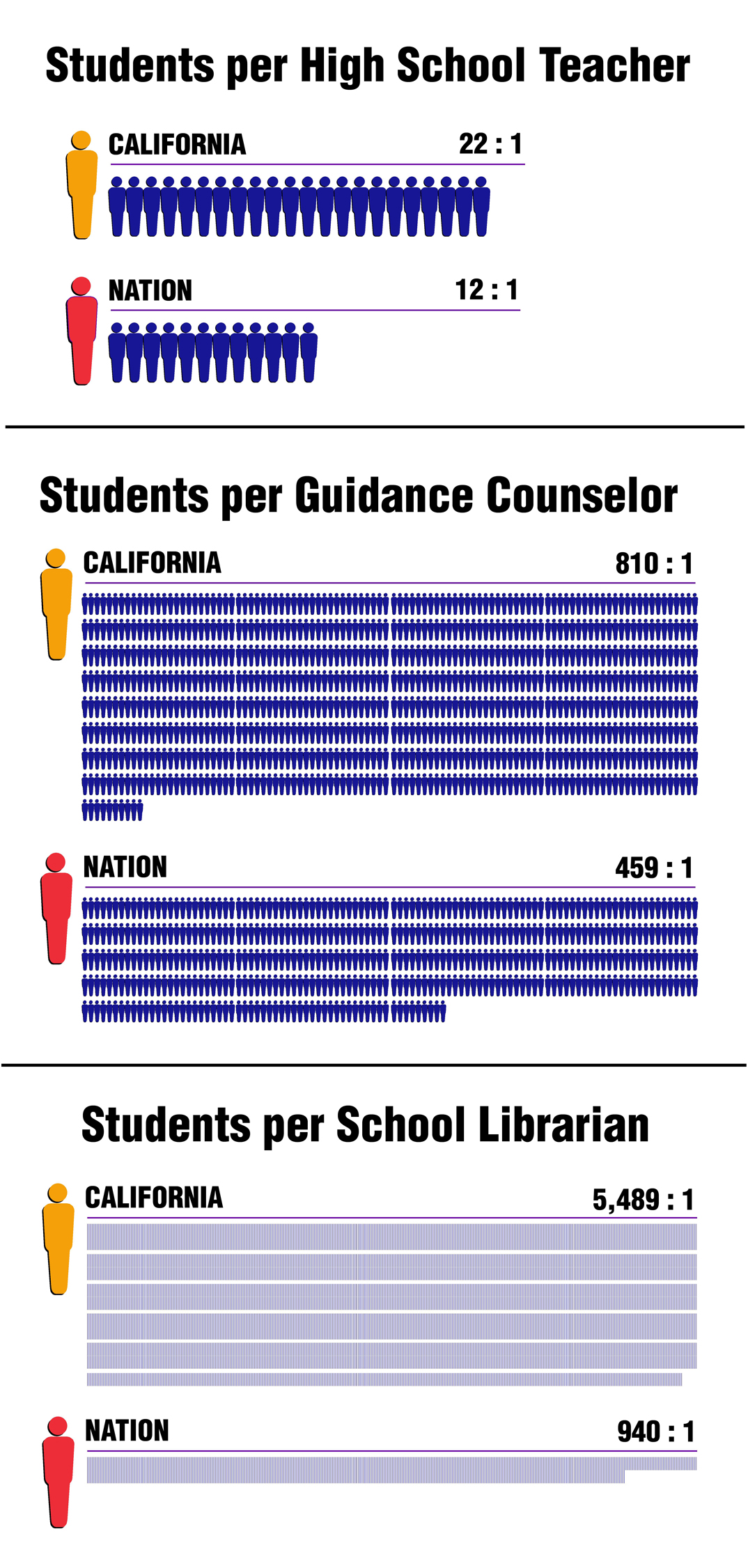Two quick notes before we blog: I'll be appearing live in conversation with Dave Levin of KIPP and Eva Moskowitz of Harlem Success Academy. This event, a discussion about the charter movement, will take place on Wednesday, Sept. 21 in NYC. If you can make it, we'd love to see you there. Tickets are going fast -- so get yours here.The post goes on to promote a new educators' "faith" in technology in order to solve the cheating problem that, as predicted by social scientists, has metastisized in the high-stakes testing arena. Predictably, too, Merrow's faith is not in educators or educational research to develop solutions for this problem, but in corporate America--specifically, the corrupt money-laundering outfit, the New Schools Venture Fund, which turns dirty corporate dough into tax breaks from vulture philanthropists:
And as always, remember that my February 2011 book The Influence of Teachers is for sale at Amazon.
But the best candidate might be the New Schools Venture Fund, who I think are the brightest folks on the block. That organization has never been shy about taking chances, probably because it exemplifies the spirit of its founder, John Doerr. In the Venture Capitalist world, only a small percentage of investments hit a home run, and the NSVF gets that. It's putting dollars behind a number of new approaches to teacher training, for example, in the expectation that some of them will be a distinct improvement on the current approach -- while others will fall short.Really, John? You don't know how the finances work and you can't offer any specifics on programs supported by NSVF, and yet you recommend that CEOs wash away their tax obligations through this outfit in the name of educational innovation for teacher training? Hmm.
(I don't know how NSVF finances work, but maybe Apple, McGraw-Hill, et alia should be making large donations to that organization?)
The New Schools Venture Fund, Mr. Merrow, would like to clone the anti-teacher preparation program recently approved in New York that uses student score gains by teacher interns to determine if a student will get a teaching credential. It's called the Relay School of Education, and it is an abomination to the idea of professional education for teacher candidates. Here, John, is the list of Relay partners, all of which are dedicated to the total compliance segregated chain gang model for urban education:
Founding PartnersA non-profit organization that starts and manages outstanding urban charter public schools which close the achievement gap and prepare low-income students to graduate from college. Uncommon builds uncommonly great schools by developing and managing philosophically aligned, highly accountable, and geographically linked networks. Uncommon Schools currently manages 24 schools in Newark, New York City, Boston, Rochester, and Troy.
A national network of free, open-enrollment, college-preparatory public schools with a track record of preparing students in underserved communities for success in college and in life. There are currently 109 KIPP schools in 20 states and the District of Columbia serving more than 32,000 students. In New York City, KIPP operates seven schools that serve over 1,700 students.
A high-performing non-profit charter school management organization that operates a growing network of public schools in Connecticut and New York focused on providing students with the academic and character skills they need to achieve at high levels, graduate from college and become leaders in their communities.
CollaboratorsThe national corps of outstanding recent college graduates who commit two years to teaching in urban and rural public schools and become lifelong leaders in expanding educational opportunity.
A national non-profit organization dedicated to closing the achievement gap by ensuring that high-need students get outstanding teachers. Founded by teachers in 1997, the organization partners with school districts and states to implement scalable responses to their most acute teacher quality challenges. Since its inception, The New Teacher Project has trained or hired approximately 43,000 teachers, benefiting an estimated 7 million students nationwide.
A non-profit organization that partners with middle schools to expand the learning day for children in low-income communities across the country. By drawing thousands more citizens into schools each year, the organization is promoting student achievement, transforming schools, and re-imagining education in America.
InvestorsGuided by the belief that every life has equal value, the Bill & Melinda Gates Foundation works to help all people lead healthy, productive lives. In developing countries, it focuses on improving people’s health and giving them the chance to lift themselves out of hunger and extreme poverty. In the United States, it seeks to ensure that all people—especially those with the fewest resources—have access to the opportunities they need to succeed in school and life. Based in Seattle, Washington, the foundation is led by CEO Jeff Raikes and Co-chair William H. Gates Sr., under the direction of Bill and Melinda Gates and Warren Buffett.
The Carnegie Corporation strives to enable all students, including historically underserved populations and immigrants, to achieve academic success and perform with high levels of creative, scientific, and technological knowledge and skill. Current priorities include upgrading the standards and assessments that guide student learning, improving teaching and ensuring that effective teachers are well deployed in our nation's schools, and promoting innovative new school and system designs.
Credit Suisse Americas Foundation’s goal is to impact students in local communities by supporting projects that represent vital educational initiatives. Based on the belief that successful philanthropy must be focused and measurable in order to achieve meaningful outcomes, the foundation concentrates exclusively on two specific areas: (1) Investing in schools that represent materially better alternatives for students; and (2) Investing in human capital to aid the recruitment and retention of effective teachers and school leaders.
JPMorgan Chase's philanthropic goal is to be a catalyst for meaningful, positive and sustainable change within its highest-need neighborhoods and communities across the globe. In 2010, JPMorgan Chase and its Foundation gave more than $150 million through grants and sponsorships to thousands of not-for-profit organizations across 28 domestic markets and 25+ countries abroad.
NSVF is a national non-profit venture philanthropy firm working to close the achievement gap by identifying and funding education entrepreneurs, and partnering with them to grow their organizations and increase their impact so that all children have the opportunity to succeed in college and beyond. Since its founding in 1998, NewSchools has invested $180 million in more than 40 nonprofit and for-profit organizations working to promote student achievement.
Robin Hood's mission is to fight poverty in New York City. To accomplish this, the foundation finds, funds, and cultivates programs that prove they are most effective at making a positive impact on the lives of our neighbors in need. The foundation employs a rigorous system of metrics and third-party evaluation to ensure grantee accountability. The board pays all administrative and fundraising costs, so 100 percent of donations goes directly to helping New Yorkers in need build better lives.













 On September 14, 2011 former
On September 14, 2011 former 



